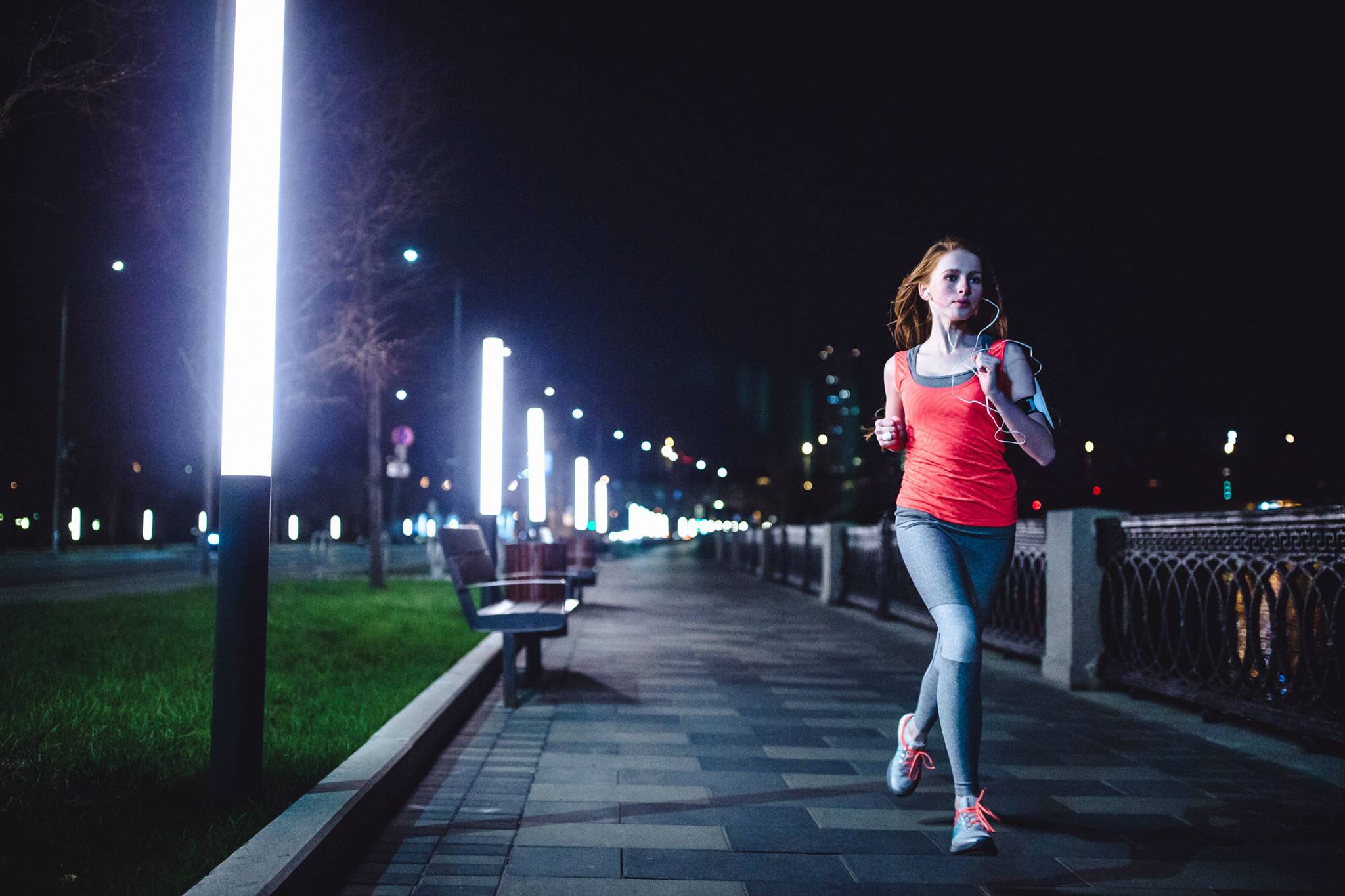
While self-defence classes may be targeted at 'vulnerable' women, they’re often run by macho men – far from the setting desired by those who’ve survived assault. By creating a LGBTQ- and female-friendly class, Shadow Sistxrs helps people fight back on their own terms. We explore the insights behind why people are seeking self-defence that helps them feel in control.
Shadow Sistxrs aims to bring self-defence to another level, teaching a variety of protective moves alongside yogic meditation and herbal rituals to help participants feel in control of their experiences. “It's about redefining strength,” says Shadow Sistxrs’ martial arts expert, Monique Etienne. “Spaces that are very male-dominated [are] what's stopping people from doing self-defence. As women and non-binary people, we're made to feel not very strong and we have this idea of strength that's very macho.”
In the UK, over a third of women have been groped in public, with most taking precautions to stay safe at night – from paying for a taxi home in lieu of public transport, or leaving early to stick with friends. The tech world has attempted to help people feel safer, often with devices that heighten a sense of connectedness. Nimb, for example, is a wearable panic button that tracks a user’s movements and alerts both authorities and loved ones when pressed
But for many women, tech itself is the problem; female users of fitness app Strava have put pressure on the developers for greater privacy after a spate of attacks against lone female joggers. “When you’re a woman whose personal and digital space is invaded with alarming regularity, you think carefully about how your digital life intersects with your real one – especially when the data you’re sharing is quite literally close to your front door,” says journalist Rosie Spinks.
As sexual violence continues to affect one in five British women, it’s becoming clearer that society at large – not only victims – ought to take responsibility for personal safety. But as society gradually addresses its flaws, classes like Shadow Sistxrs could help people develop a greater sense of security within themselves and feel “supported in knowing that there are [others] also navigating this big city, overcoming trauma, injustice and oppression with serenity, integrity and still love to spare.”
Alex Quicho is the Americas editor at Canvas8, which specialises in behavioural insights and consumer research. Born in Boston and raised in Manila, she graduated from the Royal College of Art with a Master’s degree in critical writing. She loves to read and write about art, power, and the future.



